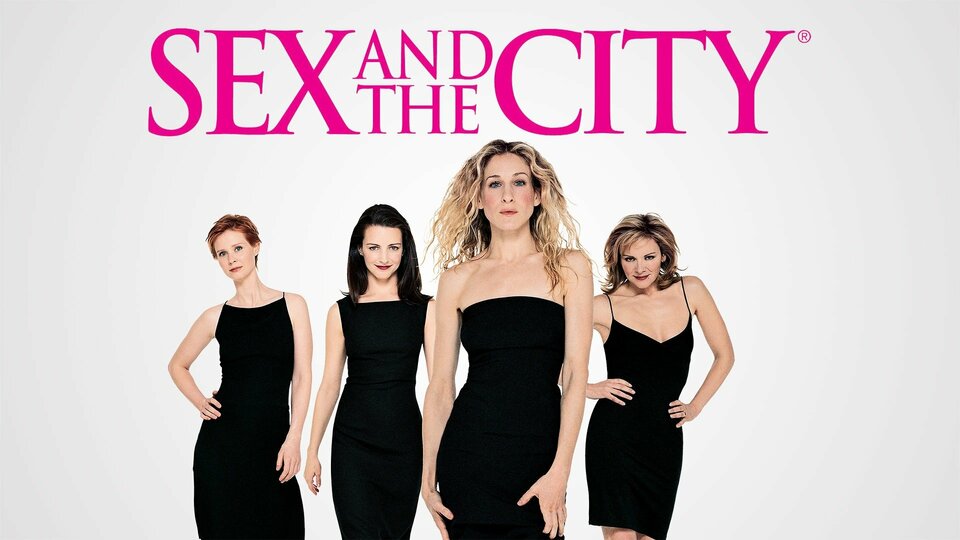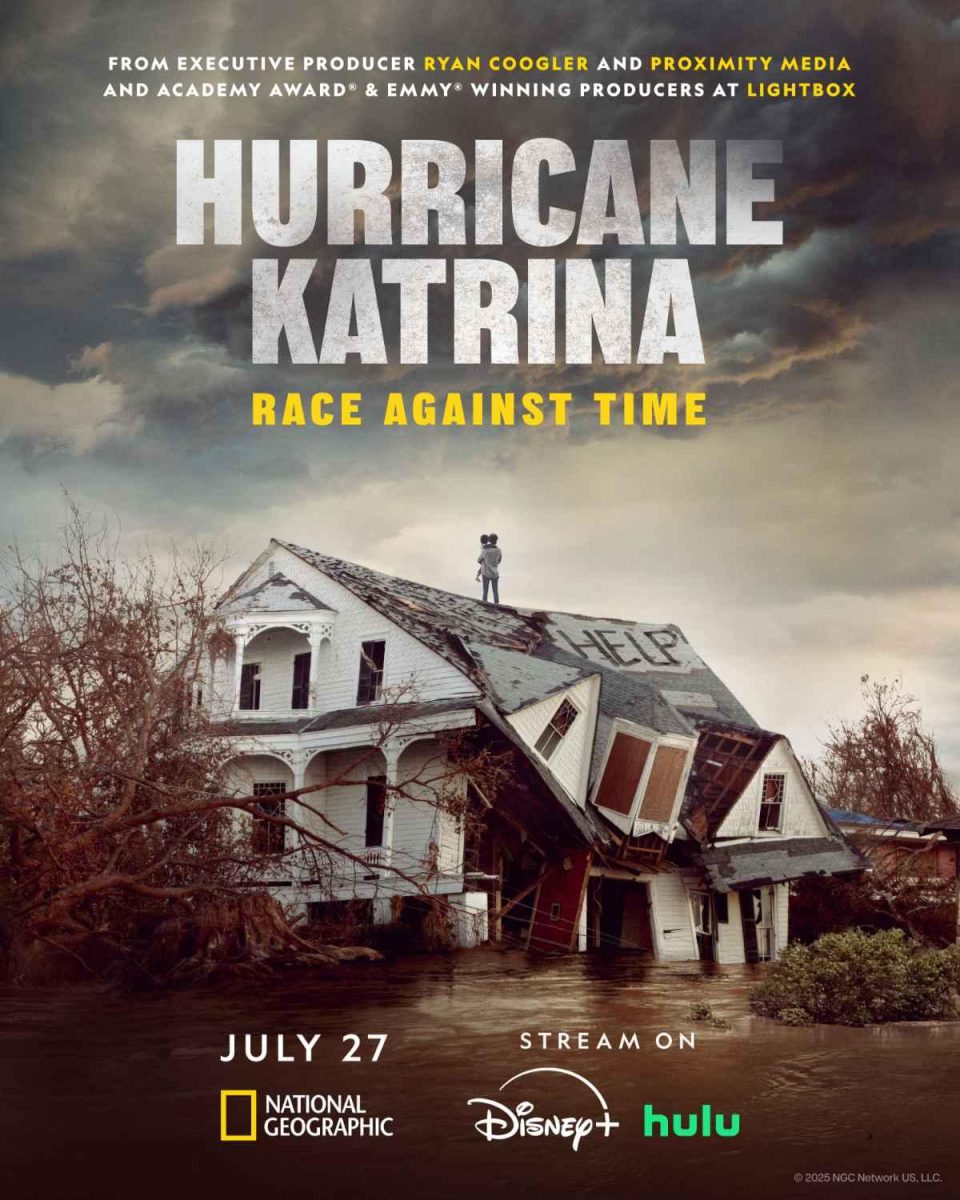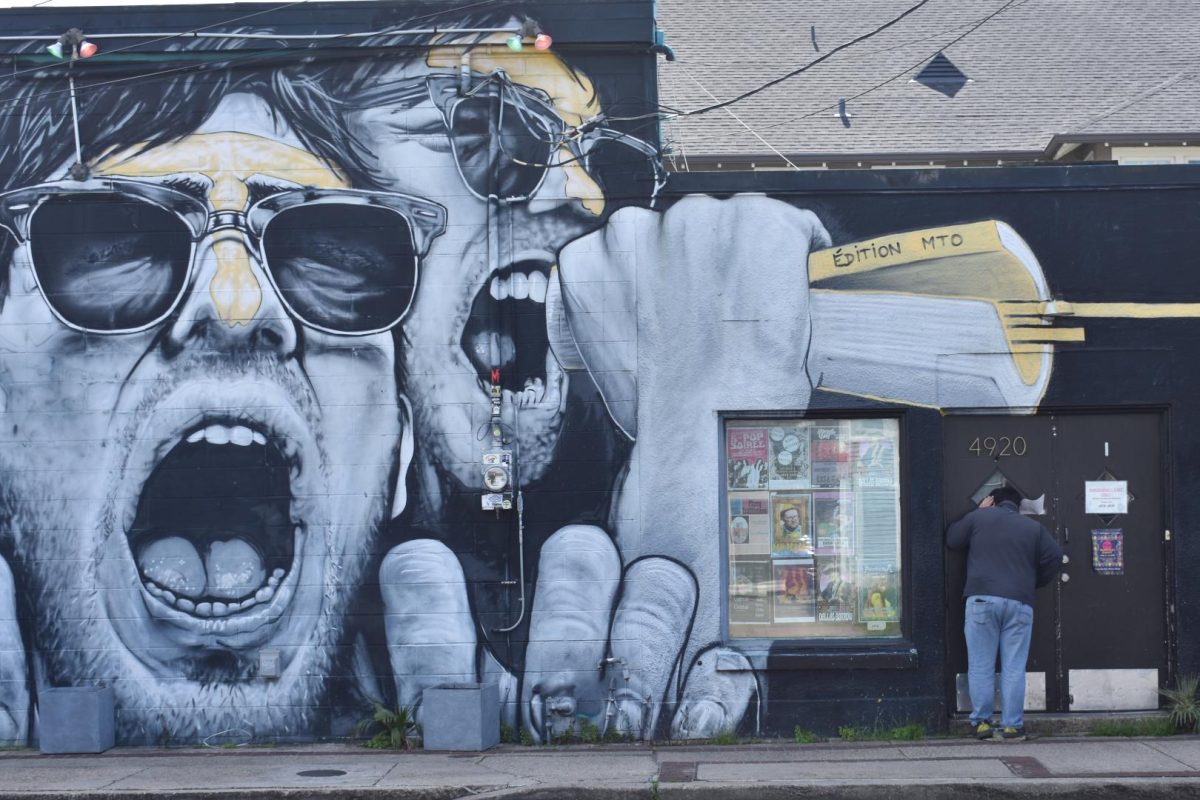The Joan Didion documentary has been on my Netflix watchlist for two years now. Everytime I go to watch Sex and the City for the fourth time in a row, Didion haunts me. To be clear, I care about women’s narratives in literary spheres and have been taking every intersectional liberal arts humanities course possible since arriving at Loyola, so why has my watch history consisted of Carrie’s season two cheating scandal and Mr. Big moving to Paris? I should be reading Toni Morrison and Virginia Woolfe (I truly am ashamed to admit that I just googled “iconic female literary figures”). Instead, I am hyper fixated on thrifting my own Manolo Blahnik heels, and analyzing the character dynamics between the four ladies of S&TC. While scrolling through my graveyard watchlist full of feminist documentaries and limited series, I couldn’t help but wonder: am I a bad feminist? When I was a little girl, first discovering that people generally had a distaste for women, I noticed that feminism was associated with seriousness, RBG, power suits, and sticking it to the man. That approach is getting stale. I’m aware that this is an incredibly privileged thing to admit. The generations it took for women to enter into the workforce in an effective way is empowering and important, yet Miranda, the corporate NYC lawyer and single mother, is my least favorite character. Instead, I’m in favor of Carrie, the broke writer who complains to her computer about emotionally unavailable men for a living. Unfortunately, it’s much more fun to analyze gendered and misogynistic behavior within the trivial dating problems of fictional, albeit fabulous, characters. That being said, I pride myself on de-centering men from my life, and am even considering law school myself, yet I can’t deny the light hearted feminine space that is Sex and the City. Can both be feminism? Is there a map that can help me navigate just how bad I should feel about finishing the sequel to the Devil Wears Prada in a week without having so much as touched a Joan Didion novel? Is feminism guilt tripping me, or am I doing it to myself?
It’s also important to mention that Sex and the City focuses on a very specific group of people: beautiful straight wealthy white women that can afford both rent and 3 cosmos a night in Manhattan. The framework for this series is by nature exclusionary, making it both a utopia in which the women don’t face any dire problems due to their layers of privilege, and a reminder that these spaces ignore experiences from other gender binaries, races, sexualities, and socio-economic backgrounds. Well what about the comeback series made in 2021 entitled, & Just Like That, you might ask? It’s somehow worse, I might respond. The writers discovered the word intersectionality, and then immediately tokenized any hint of diverse characters and stories. Instead of keeping the fun and the flirtatious nature of the show while adding a wider range of experiences, they turned it into a preachy & performative drama with no self awareness. To be fair, in the year 2020-2021 many forms of media were transitioning into finding ways to right the wrongs of their past, and many ended up overcompensating in an unnatural and cringey way. For example, Sex and The City had several episodes that featured problematic content, whether that be the way they handled Samantha’s first time dating a black man, Carrie’s blatant biphobia when going out with a queer man, or even sprinkles of anti-semitic jokes when Charlotte began the transition into the Jewish faith for her husband. I can imagine why the writers would want to backpedal in such an intense way, but it doesn’t excuse poor writing.
Instead of boycotting the series that continues to have a grip on everyone who wants Sarah Jessica Parker’s closet, I instead watch and interpret it as a historical artifact. The ways that we talk about feminism have vastly changed and advanced since the early 2000s. For our mothers, Sex and The City was radically feminist because it discussed cis-het women’s sex lives and intimate experiences out in the open. My mom’s husband used to binge watch the series on cable in order to get an unabashed female perspective (he’s team Aiden, of course). Yes, they made mistakes and told exclusive stories, but it is helpful to call back to shows like this in order to understand how feminist concepts have evolved over time. That, and I am in love with Mr. Big. So sure, maybe I am a millennial Buzzfeed feminist who’s not at all well read, but I am also a historian.







